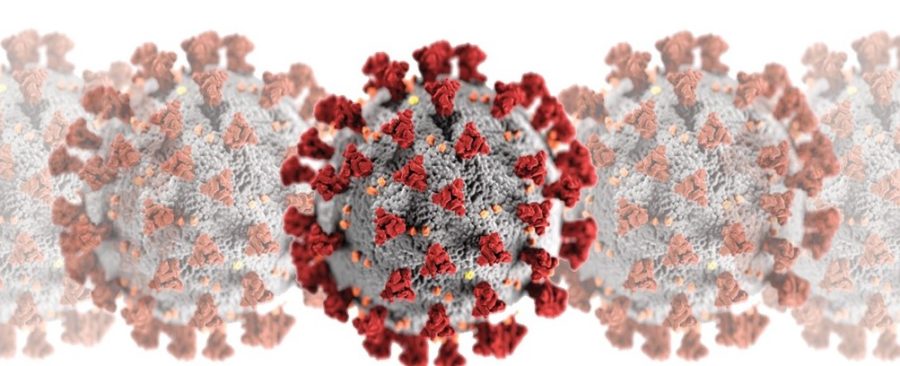By Chantalé Fletcher
THORACIC Medical Director of the Caura Hospital Dr Michelle Trotman defends the Ministry of Health’s need to implement the triage system for Covid-19 patients.
“Triage looks at patients to see how we can get the best outcome for many patients,” she said.
She was responding to a statement from the Trinidad and Tobago Medical Association that the system will do more harm than good for Covid-19 patients.

The doctor was speaking on Wednesday at the Ministry of Health’s virtual presser.
Dr Trotman said, “The triage system are guided by policies in our treatment, and such the primary goal of the healthcare worker was to deliver the best care to each and every patient.
“Remembering each patient has their own clinical situation and we would apply decisions based on a one-on-one patient basis in order to make the best decision for that patient.”
She gave a breakdown of the three categories of triage systems used.

“The ABC’s system assesses your airway, breathings and circulation before a decision is made as to what level of care is needed. While the CTAS System was originally a Canadian system which looked at acuity was used to determine the urgency of care that was required.
“We look at whether they need resuscitation right away, whether they were emergent, urgent or not so urgent and classified their treatment based on this.”
Dr Trotman also said that clinical judgement was always utilised with guidelines for each level of care for every patient.
She said, “Each clinician will look at the patient and say where this patient was based on numbers, their comorbidities and other factors to make a decision on whether or not they are required to go beyond ward care.”
Dr Trotman said patients within the system would be referred hierarchy of physicians led by a consultant who assist with the decision-making process that comes from assessment.
“They are done within facilities in your own facilities, across facilities and in some instances across the regional health authority.
She said, “Once decisions were made about these patients, they are transported if possible. However, not all ICU patients even though they need to go somewhere else, means they may be do so because of their clinical situation, but if they can, they are transported to relevant institutions.”
Dr Trotman described the transport as “complex system” especially for the patient that required “above ward care.”
She added, “It comes with the patients, the physicians that might be needed, EMT’s, sometimes nurses, and equipment to move that patient to their next destination.”
![]()













